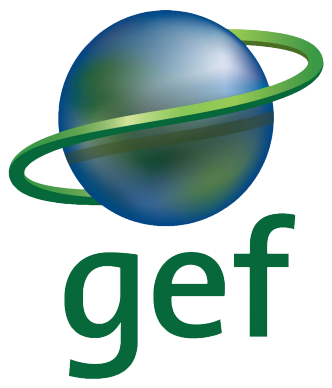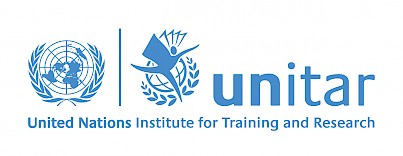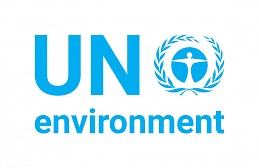


Project details
The objective of this project aims to institute PRTR systems in Belarus, Cambodia, Ecuador, Kazakhstan, Moldova, and Peru and improve environmental/social safeguards in each of the participating countries. A PRTR system is comprised of a catalogue/database of multimedia (air, water and land) releases and transfers of potentially harmful chemicals, (including information on the nature and quantity of such releases and transfers). It comprises data from point sources of pollution (i.e. industrial facilities) and may also include data from diffuse sources (i.e. open waste burnings from agricultural operations and waste management, transportation and other human activities). PRTR systems comprise three essential elements: 1) a structured database; 2) an information exchange network to enter & publish data; and 3) a dissemination mechanism to convert this data into information (i.e. PRTR or emission reports) to make available to the public. The existence, and organization of such environmental data allows governments and stakeholders to establish safeguards for the protection of both environment and community. These participating governments aim to mainstream PRTRs into their national policy, and utilize PRTR data for fulfill reporting requirements under the Stockholm Convention.
The Stockholm Convention (SC) on Persistent Organic Pollutants (POPs) requires parties to exchange information (article 9), facilitate public information, awareness and education (Article 10) report to the Secretariat (Article 15) and periodically update implementation plans (Article 7). Article 10 explicitly acknowledges the value of Pollutant Release and Transfers Registers (PRTRs) for the collection and dissemination of information on estimates of the annual quantities of the chemicals listed in Annex A, B or C that are released or disposed of, and Article 11 encourages parties to undertake appropriate monitoring pertaining to POPs. This project will prove the value of PRTRs as a tool to assist countries to comply with the Stockholm Convention on POPs. Countries participating in this project will include all 23 POPs into the PRTR chemical list.
This project will build on the POPs monitoring, reporting and information dissemination using PRTRs project (POPs-PRTR Phase I), which was funded by GEF, implemented by UNEP, and executed by UNITAR, from 2010 to 2012. The pilot project in Chile demonstrated the value of using PRTRs as a monitoring and reporting system for POPs at the country level. Chile now has an operational PRTR and annual reporting is obligatory. The other countries participating in the POPS-PRTR Phase I focused on the design of a PRTR system. They will implement their PRTRs GEF-5 MSP Template-January 2013 5 through this project. This second phase project will build on the successful pilot project and and assist the governments of Belarus, Cambodia, Ecuador, Kazakhstan, Moldova, and Peru, in developing PRTRs and using them as countries’ respective national POPs reporting tools.
For more information, please contact us (cwm@unitar.org)
UNITAR
Ministry of Environment of Cambodia
February 19 2016-February 19 2016, Ministry of Environment, Str. Constantin Tanase 9, Chișinău - Moldova, Moldova
July 26 2016-July 26 2016, Cambodia Korea Cooperation Centre CKCC/RUPP, Phnom Penh – Cambodia, Cambodia
January 26 2017-January 26 2017, Kazzhol Hotel pr. Balkantau, 213 - Astana, Kazakhstan
February 15 2017-February 15 2017, Hotel Meliá - Lima, Peru, Peru
March 15 2017-March 17 2017, Cambodia Korea Cooperation Center, Phnom Penh, Cambodia
May 8 2018-May 8 2018, National Electoral Council, Quito, Ecuador, Ecuador